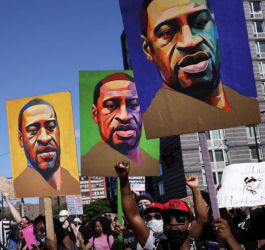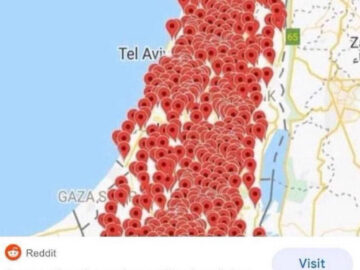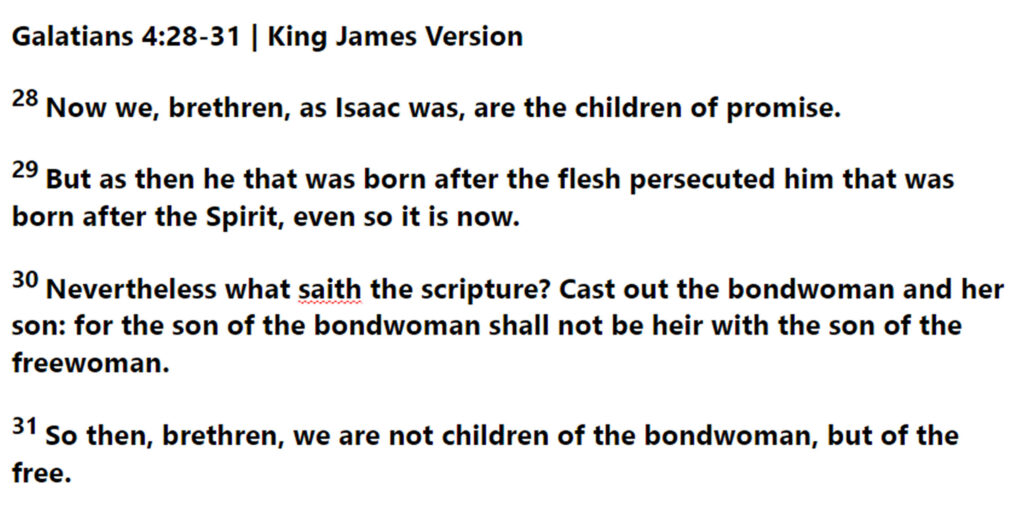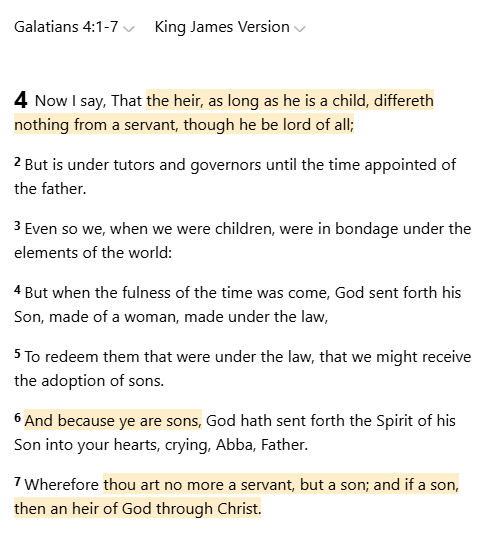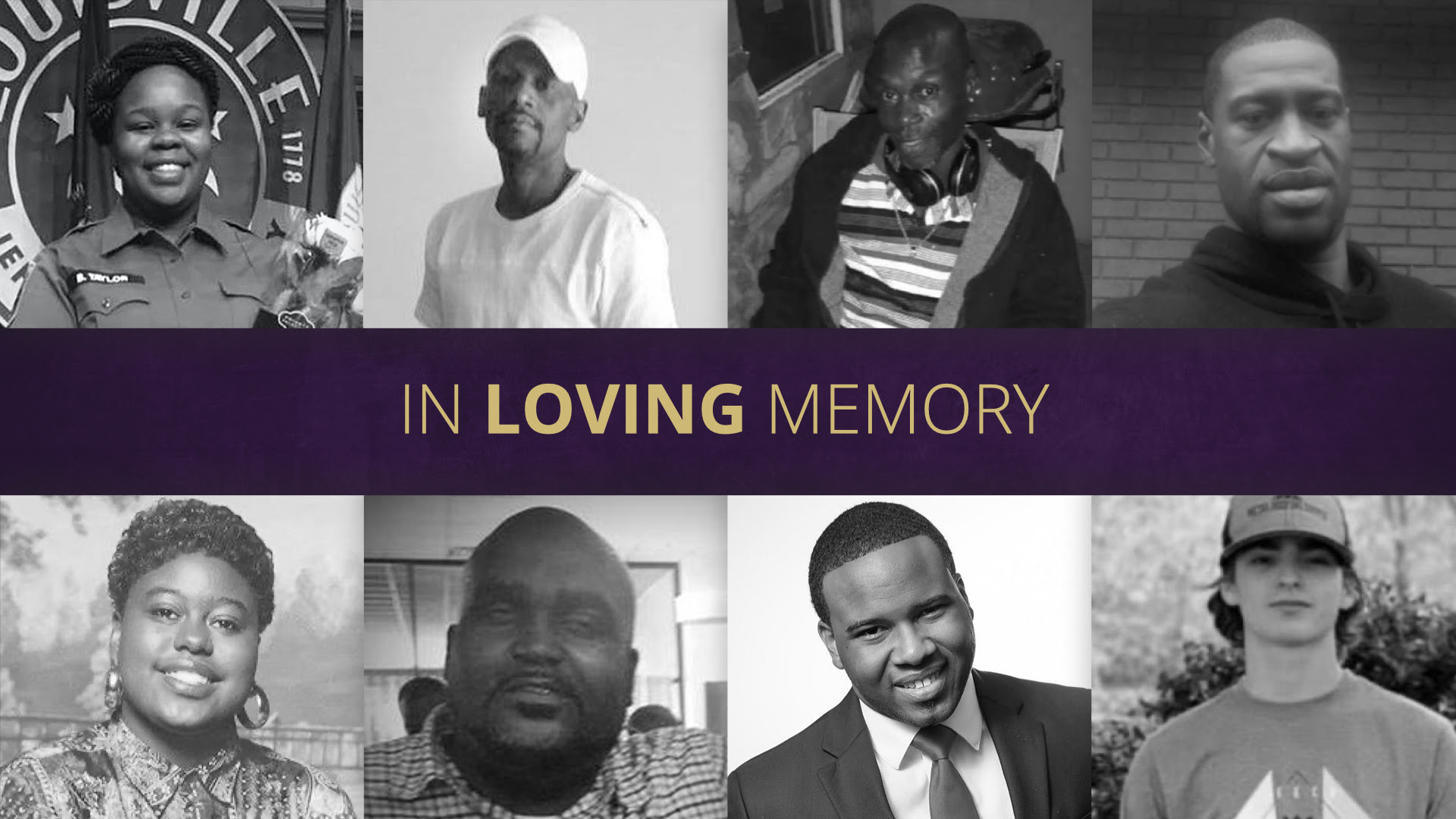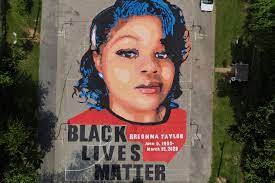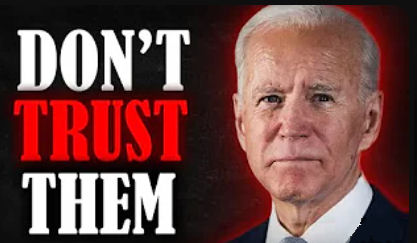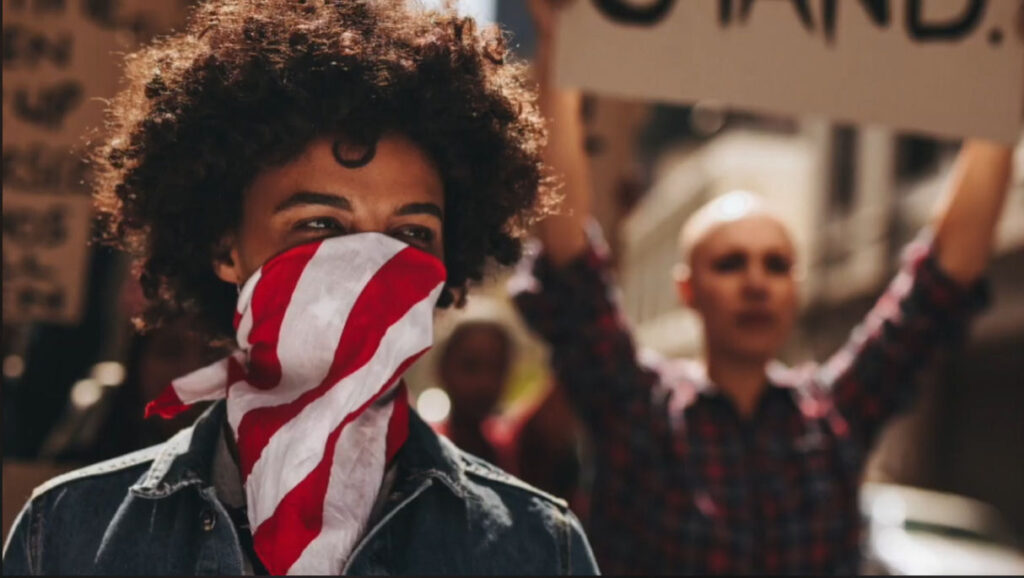‘We’re terrorized’
CHICAGO (6 MAY 2021) Read the full article Police and State Violence Have Secondary Impacts: Complex and Lasting Trauma
Adam Toledo, Daunte Wright, Ma’Khia Bryant, Ronald Johnson, Pierre Loury, Rekia Boyd, Nickolas Lee, Laquan McDonald, Archie Lee Chambers, Maurice Granton, Anthony Alvarez.… The list of victims of police murder seems never-ending. Then there is the list of police torture survivors — Gerald Reed, Stanley Howard, Tony Anderson, Darrell Fair, Sean Tyler, Kilroy Watkins, and on and on and on.
Our language is limited in its ability to name the multiple consequences of the particular compounded trauma wreaked by and left behind at the hands of the state. We currently exist very much in a pre-language reality, where there is little acknowledgement of the harm, trauma and death that is caused by the state organization of police and mass incarceration.
This lack of official language to name that trauma, of course, serves a specific agenda. If you cannot name a thing, it is harder to mobilize against and around it, it is harder to uproot it, and it is very easy to deny it exists at all.
The Chicago Torture Justice Center (CTJC) works with survivors of police violence, police torture and police murder every day. We also know that it is not only incidents of violence that leave a scar. Even those who haven’t been victims of direct violence are experiencing complex trauma — the trauma of a lifetime of knowing that every time you lay your head down at night, or walk to the bus stop, or drive down the street, your chances of being targeted, assaulted or even murdered at the hands of the police are disproportionately higher if you are Black, if you are Brown. For many, this means that since the point of birth, the outside world has represented a perpetual environment of violence and harm, with government agents being the largest perpetrators and managers of this violence.
These conditions add to the reasons why communities that are surveilled and occupied by policing are also always the poorest and have disproportionate rates of health disparities related to stress. This ongoing stress is state regulated and maintained.

